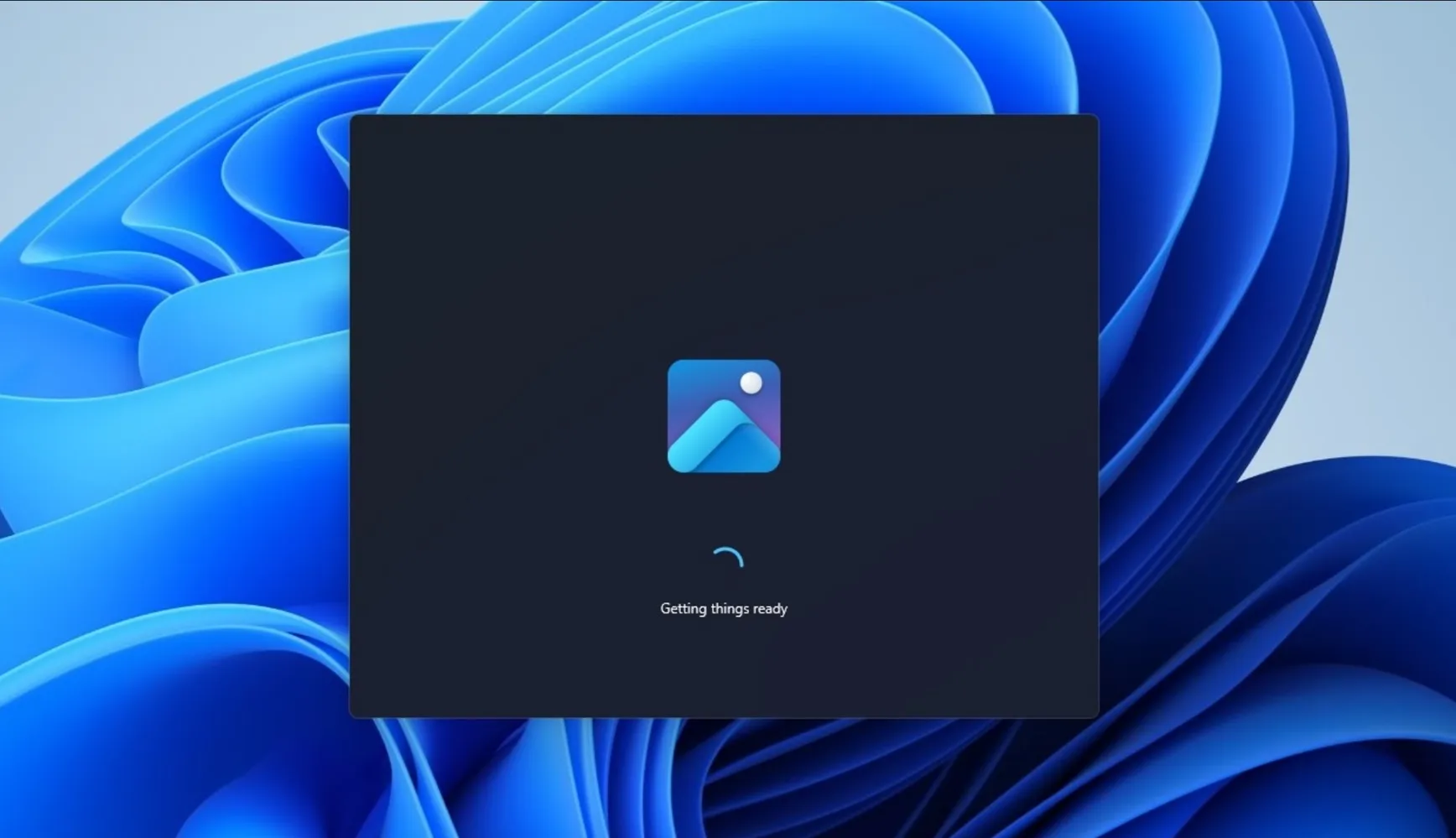Microsoft Unveils Promised “Incredible Performance Boost” for Modern Windows 11 Applications
Microsoft has discovered a way to enhance the performance of apps built with the Windows App SDK on Windows 11, achieving up to a 50% decrease in load times and an 8x reduction in app sizes. However, performance gains may vary, and not every application will experience a speed increase.
The Windows App SDK merges essential Windows app development tools, bridging the gap between Win32 and UWP APIs. Developers can utilize their preferred framework to create modern Windows applications, although there is a significant drawback: apps based on the Windows App SDK can experience slow launch times.
Performance concerns regarding the Windows App SDK have been a topic of discussion. Reports indicate issues with the Photos app and Phone Link app, particularly regarding prolonged splash screens. Microsoft acknowledges that the new Photos app launches too slowly, recommending that it run in the background to alleviate some of these delays.

Many Windows App SDK applications are reported to have slower startup times compared to traditional Windows applications. Once initiated, the user interface can appear sluggish or unresponsive due to their reliance on Microsoft Edge WebView, resulting in higher CPU and memory usage. Additionally, there can be noticeable delays when interacting with buttons or navigating within the app.
In a recent examination of support documentation, it was noted that a blog post from September 6 details the performance enhancements available with Windows App SDK version 1.6. This version is now available for developers to try out and update their applications accordingly.
According to Microsoft, the Windows App SDK now supports “Native AOT,” or Ahead-Of-Time compilation, which developers can implement during app compilation. The updated applications are shown to have faster startup times and reduced memory consumption.
Initial tests reveal promising performance improvements, such as:
- A 50% quicker launch time.
- An 8x reduction in app package size.
- Apps utilizing Windows App SDK in a self-contained mode are also two times smaller.
Native AOT support could significantly impact the performance of Windows App SDK and modern Windows 11 applications like Photos and Phone Link.
It is also noteworthy that Microsoft has stopped bundling the hard-coded Edge WebView2 SDK with the Windows App SDK, which decreases app sizes. Instead, it now uses NuGet to access the Edge WebView2 SDK as necessary.
While these changes may not directly lead to faster applications on Windows 11, as Microsoft and other developers begin to implement WinAppSDK 1.6 with native AOT, users will likely notice improvements in performance and reductions in memory usage.
Leave a Reply